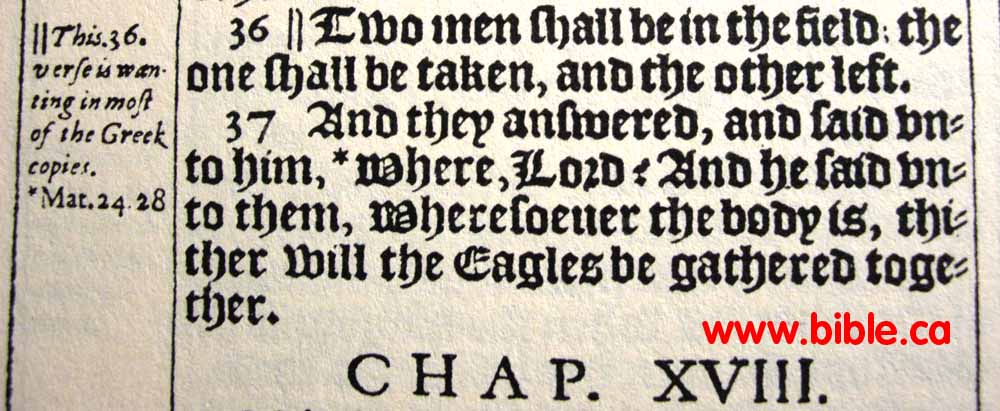So according to you, am I to understand the variants do not matter?
My first problem as a new Christian was 1 John 5:7-8, ". . . in heaven, the Father, the Word, and the Holy Ghost: and these three are one.
And there are three that bear witness in earth, . . ." Where those words not the word of God?
KJVO would contend that they are.
When I got a copy of the NASB was the correct reading of John 1:18, ". . . only begotten God . . , ?"
The question weighing was, was not God's word inerrant? I was taught that it was. And I believed it was. Now we are speaking for me now a span more than 10 years.
Each variant matters. Oh, I have concluded 1 John 5:7 not the word of God, and "only begotten God" is not the word of God.
John 13:2, "supper being ended" versus "During supper." The so called MLV rejects "being ended" for in italics "during." The rejected reading "being ended" is really the text.
For the record I have been a Christian since 1962.


